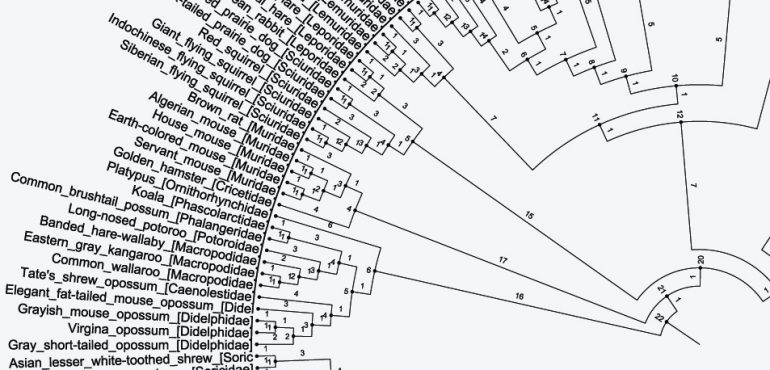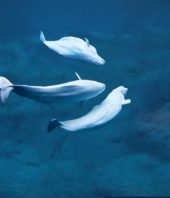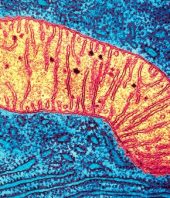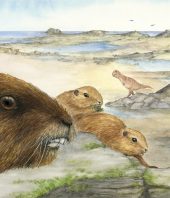Tommy Rodriguez
Department of Research & Development, Pangaea Biosciences, Miami, FL, USA
Email: trodriguez[@]pangaeabio.com
Rodriguez, T. (2016). Interpreting Large- Scale Phylogenetic Models of Mammal Class Diversification Based on Mitochondrial Biomarkers. J Bioinfo Proteomics Rev 2(3): 1- 07. DOI: 10.15436/2381-0793.16.1181.
Abstract
This investigation reexamines mammal class diversification from a comparative phylogenetic perspective. By reconstructing a large-scale phylogeny based on mitochondrial biomarkers, I seek to reaffirm models of mammal class diversification among lineages that endured through the K-T event and onward. Two hundred thirty-five complete mtDNA sequences and sixty-two major taxa families within the class mammalia were represented in this study. My results will show that divergence among early eutherian mammals can be traced to a single modern group that shares homologous traits with the oldest eutherian fossil species ever found. Moreover, molecular clock analysis of phylogenetic reconstruction highlights the position taken by others – rapid diversification between marsupial and placental mammals may have occurred much earlier than traditional models presume.
Keywords: mammal evolution, Kailgn, mtDNA, Bayesian models, molecular phylogenetics






